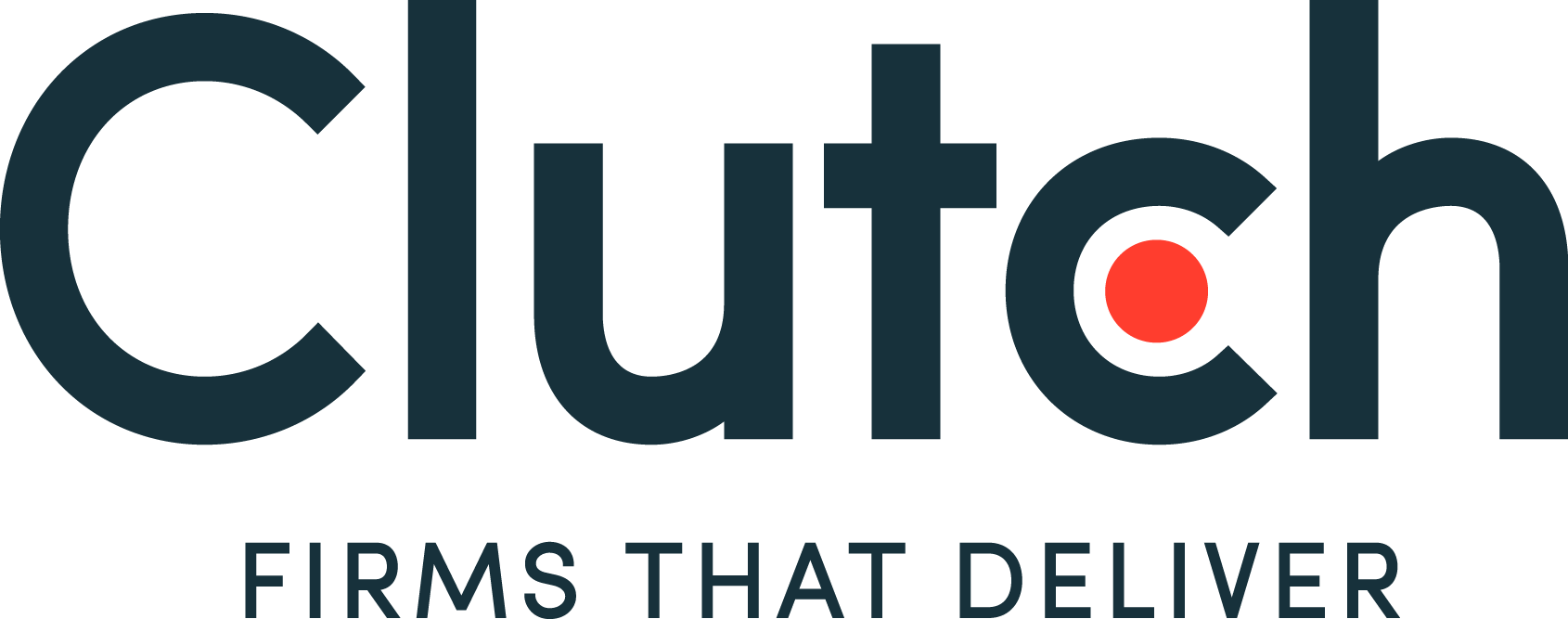Internal auditors are employed by public and private companies, nonprofit organizations and government agencies at all levels. They operate as independent agents within an organization. They are tasked with providing objective evaluations of internal controls, risk management efforts and governance processes.
Many internal auditors look into virtually every corner of an organization, evaluating operational efficiency, the reliability of financial reporting, information security controls and compliance with legal and regulatory standards. Detecting, investigating and deterring all types of fraud within an organization is another key function of the internal auditor.
Most internal auditors have the authority to access and assess all areas of an organization. In a publicly traded company, internal auditors typically report to the audit committee of the company’s board of directors, thereby maintaining independence from the company’s management structure. This enables free and objective reporting of fraud and operational problems regardless of the parties involved, ensuring the issues are addressed and changes are implemented to improve the company.
Internal Auditing Career Path
While many internal auditors begin in entry-level positions immediately after completing their bachelor’s degrees, others obtain positions after gaining professional experience working in external audit firms or in accounting. With several years of experience, junior internal auditors can advance to more senior positions, handling complex audit assignments from the planning stages through to the final reporting stages.
Senior internal auditors may supervise and lead audit teams to complete audit projects. Top performers in large internal audit departments can move into managerial roles directing the activities of the department, supervising department performance and communicating audit results to the relevant authorities in the organization.
Educational Qualifications
An entry-level internal auditor position generally requires at least a bachelor’s degree, preferably in a business discipline such as accounting, finance, management, public administration or computer information systems. Some companies may seek out entry-level job candidates with degrees in engineering or other technical subjects related to the company’s operations.
Senior positions in the field typically require bachelor’s degrees and substantial professional experience in internal auditing. While a graduate degree is not usually required for advancement in the field, a Master’s in Business Administration (MBA) or another relevant subject can provide an important advantage in the job market, especially for leadership positions in internal audit departments.
Other Qualifications
There are many professional certifications relevant to internal auditors. Some positions in the field require job candidates to hold one or more certifications, while other jobs list certifications as preferences rather than requirements. The two most important certifications in the field are the Certified Internal Auditor (CIA) designation and the Certified Public Accountant (CPA) designation.
The CIA designation, which is awarded by the Institute of Internal Auditors, is the preeminent professional certification in the field. It is generally considered a qualification for advancement to more senior internal auditor positions. Certification candidates must either have a bachelor’s degree and two years of qualifying work experience or an associate’s degree and five years of qualifying work experience. A candidate with a master’s degree is eligible for certification with one year of qualifying work experience. Eligible candidates must pass a certification examination.1
The CPA designation, which is awarded by the American Institute of Certified Public Accountants, is the most important professional credential in the public accounting field. While certification requirements vary slightly from state to state, candidates must usually complete an academic program in accounting and a total of 150 semester hours of qualifying courses in accounting, business and general education topics. While a master’s degree is not required, many candidates take at least some graduate courses to complete the educational requirements.2 The CPA designation also requires a passing score on the Uniform CPA Examination.3
Other professional certifications important to many positions in the field include the Certified Information Systems Auditor (CISA) designation, the Certified Fraud Examiner (CFE) designation and the Certified Government Auditing Professional (CGAP) designation.
(For related reading, see “Examining a Career as an Auditor.”)


